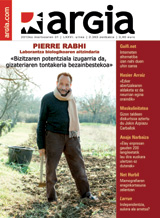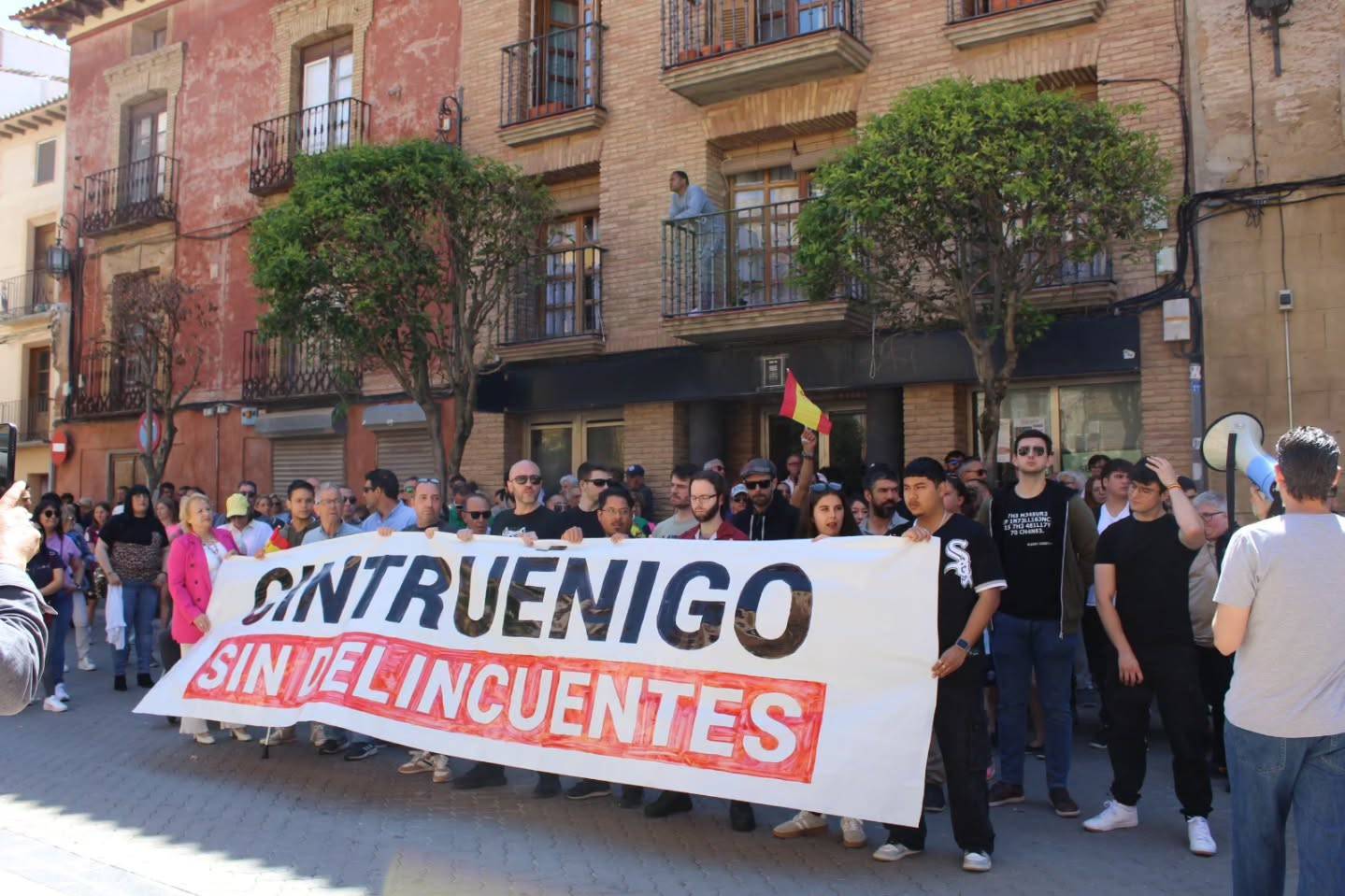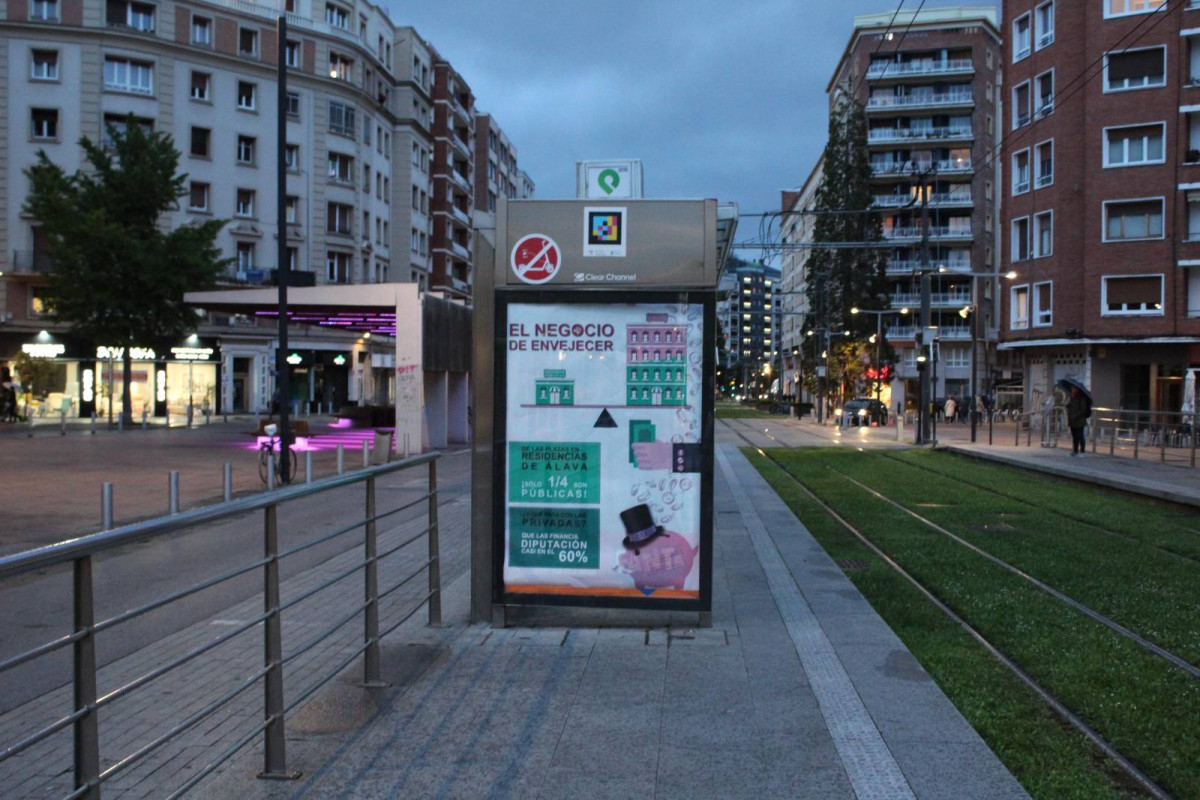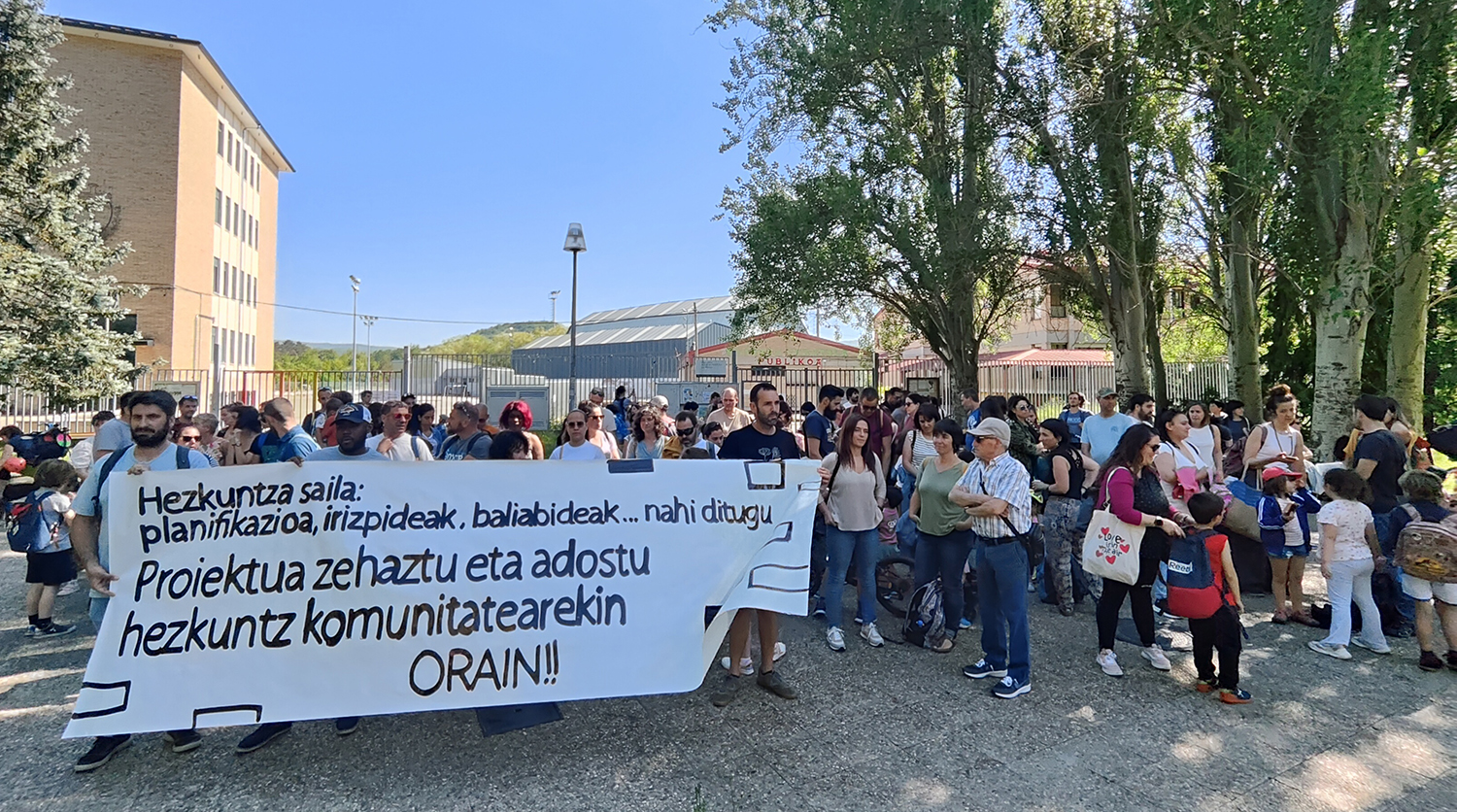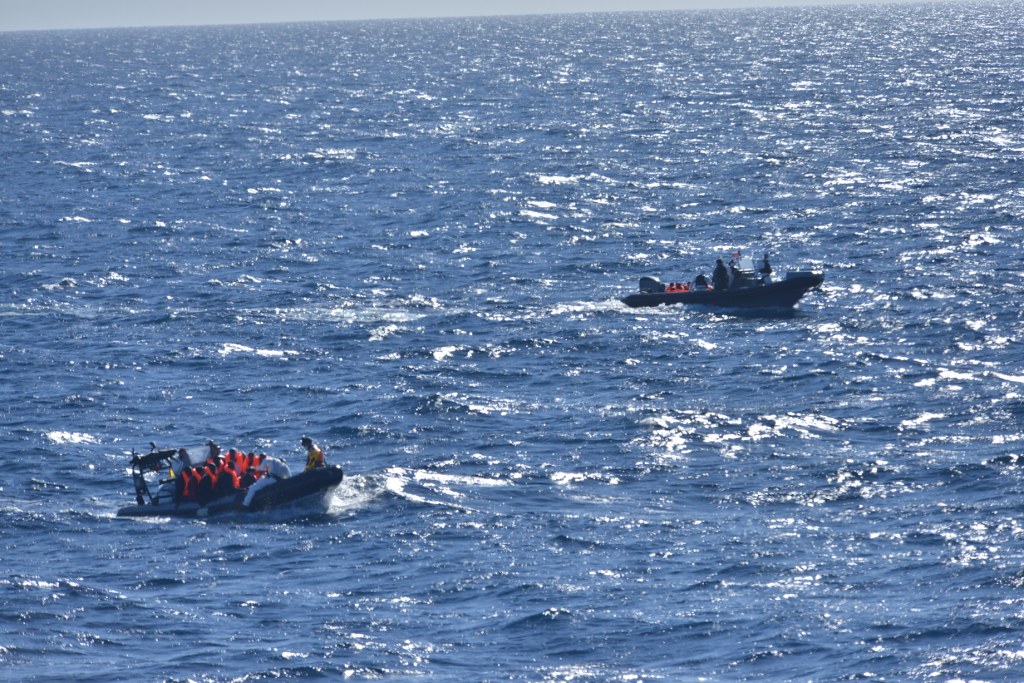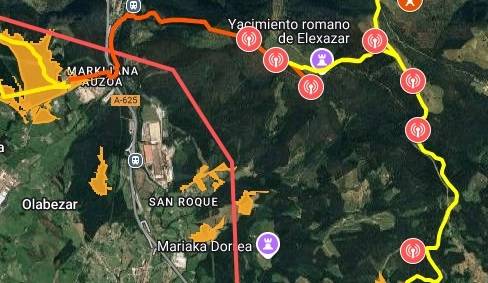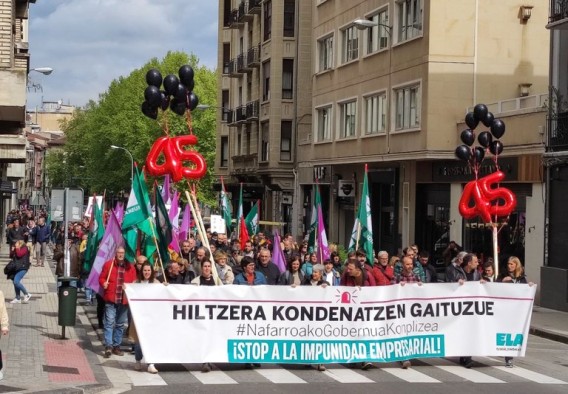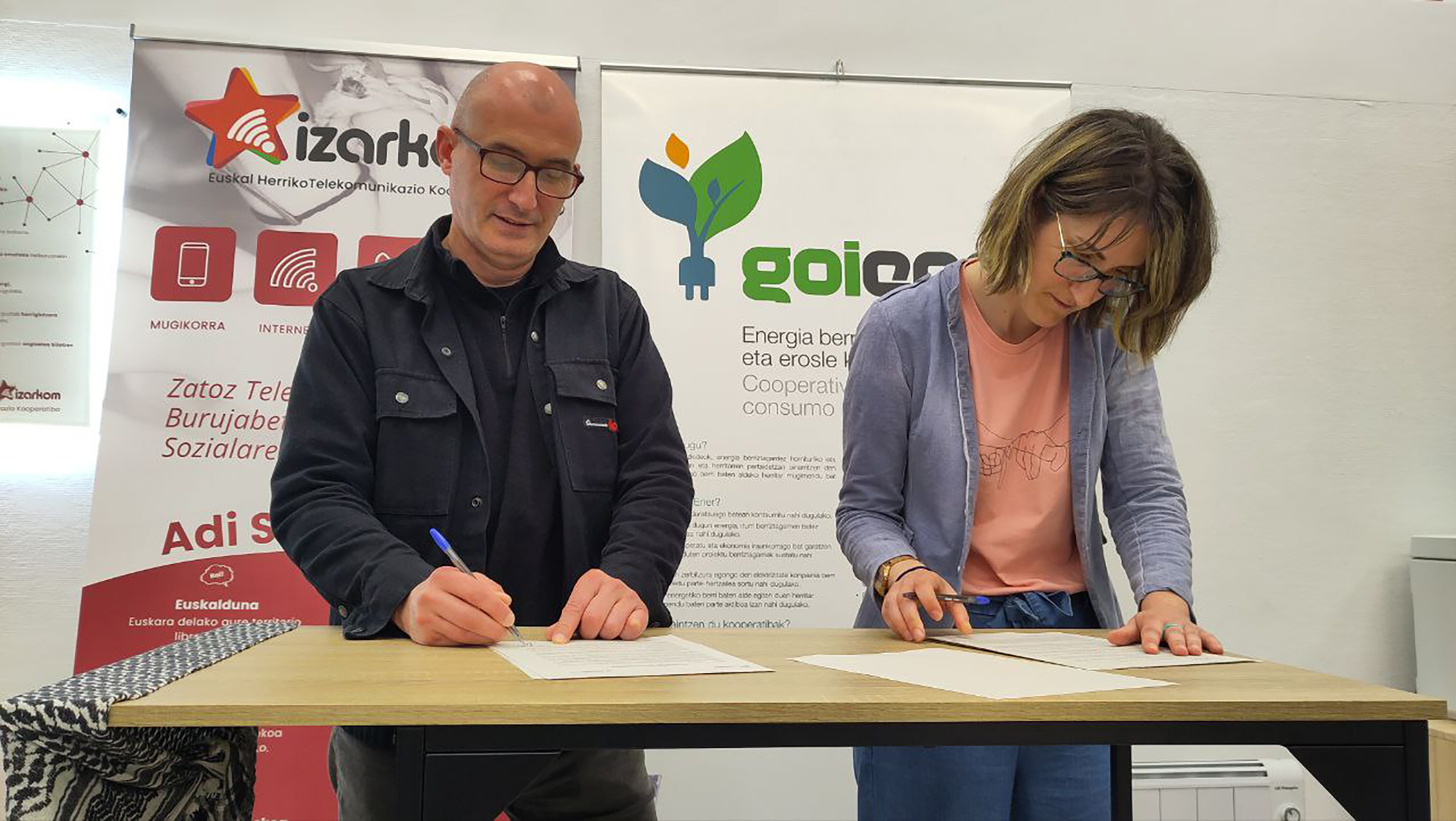"For a long time it's only been rock in Euskal Herria"
- Esne Beltza was born on the tour of Fermin Muguruza in 2008, in the hours he spent in hotels in other countries. They've had a lot of followers from the very beginning. This experiment-loving group shows its ingenuity by joining reggae, ska, rock, Latin melodies and popular music. Lately, they've published the soundtrack of a piece of cheese and the songs of the Korrika. In addition, several members of the company join Fermin Muguruza’s No More Tour tour, and Esne Beltza gives a year’s rest to the appointment.
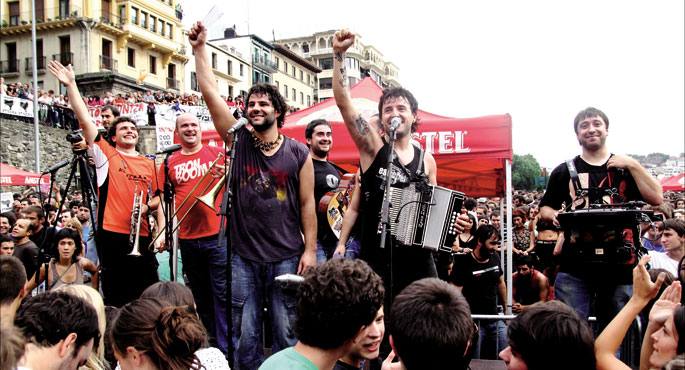
With the first album you have taught where you are; you have travelled with the second and you have known the one from the outside; and with the third you have gathered everything. What will the next job look like?
It's going to be very innovative. Both in the mold and musically. Our DJ is looking for some musical sounds, we're doing quite a few studies to bring here what you hear outside. We have already done so on previous occasions, but on this occasion we want to go further. Some song is typical of Esne Beltza, but we'd like to do four or five different, innovative songs. We also want to change the headlines for next year.
“Lean Beltza: without you nothing, if we are with you.” What do the followers bring to you?
We've been in the music world for many years, and we've lived through everything. But we've had a lot of people behind since the beginning, and it's they who give us strength to make songs. The reward is the creation of a new album every year.
What is the secret to having so many followers – and of all ages –?
It's amazing. With the first album, we had people of our age next to us; since we did the Kilometroak song, we had young people; and with Esne Zopak, we had older and older people. Our concerts are rare, as they range from 12 to almost 80 years old. It's weird and pretty.
Does Esne Beltza world music do?
We may mix different cultures. We try to learn from the outside, but also from what we've learned here. The people here look at the absent, without looking at what they bring from there. But you have to do the two things, the outsiders have an interest in us and you have to prove your identity. At concerts we always have a section to show our own, that of our people.
Is it true that Esne Beltza is a totally assembly group? What always make the decisions between everyone?
[Laughter] Yeah, we do meetings all the time. There are many of us and it has not been said by one or followed by others. For example, if a group can't give a concert, we won't call another trombonist.
The fact that the members of the group have other jobs has its pros and cons: not being able to give more to the group, but having legs on earth at all times, for example…
Yes. All the members of the group work. At the time of Etzakite I lived in music, but I didn't feel very comfortable because I was always worried about how I would arrive at the end of the month, worried about the need for concerts. I don't want to have that need, it's desire that I want to be. Two years ago, we did a lot of concerts, about 70, and in the end we realized that we weren't that motivated. So last year, we decided to play less to make a lot of fun.
What are the words of Jon Garmendia ‘Txuria’? What did you ask him?
Txuria and I have a very special connection. When we give him a song, he immediately knows what kind of song we want to do. And the same thing happens when you put music to words. He's our alphabet author, and I'm his musical author. Txuria is the number 11 partner of the Real Sociedad de Fútbol Profesional.
In Euskal Herria, since the 1980s, the hard melodies have been the most followers. Have you broken this by adding dance and color?
Only rock has been here for a long time. I listened to many other styles, but here there was always the same music – which I also like – and we would not open up. Now, at last, people are opening up to music, and in addition to rock, they hear a lot of things. Black Milk has also come out of there, not for that, but from there.
Are there more people than you think Freedom shouts in the world?
More than you think, but they normally keep quiet what you want to scream. On the journey we learn a lot, therefore, that there are a lot of people screaming; and we show that there is also screaming here.
What is the importance of trikitixa and Basque folk today in Esne Beltza?
Rather than Basque folks, the folk music, I would say, it is worth distinguishing them. I remember what happened once we touched the mountaineers. With these kinds of songs we want to reclaim the festivities of small towns, which we are in favour of them. A critic wrote that playing that song seemed like we were in a children's camp. It hurt me a lot, I'm from a neighborhood, and that song is very exciting for the Basques. Also, when we play, people start singing the song, and that's energy, strength. That is a popular environment, and not Basque folk. I also like Basque Folk, but it is not the same thing. We make that song in Bilbao, Ereñozu, Arrasate or Japan, to show where we are, to cheer the atmosphere, to play the trikitixa, and to reclaim the festivities of the people, our festivities.
The songs have been made at the request of various associations, groups and social movements: Udalbiltza, Kilometroak, Piratak, Korrika… What does it feel like to do that song and then sing it?
We don't call to make that song, they call us, and it doesn't come out to us to say no, it would be ugly, because they do incredible work. We try to do it as best as possible and always bringing that claim as far as possible. The song helps to move forward with the project, but the most important thing is the project itself.
The four belligerent European presidents (Emmanuel Macron, Keir Starmer, Friedrich Merz and Donald Tusk) demanded a 30-day ceasefire from Vladimir Putin on May 10. Response from the Russian President: “On May 15, let’s start negotiating peace in Istanbul.”
The two... [+]
Saint-Cloud (Frantzia), 1810eko apirilaren 1a. Napoleon enperadorea Maria Luisa Austriakoarekin ezkondu zen, eta eztei-tarta ikusgarria Marie-Antoine Carême (1784-1833) sukaldari ospetsuak egin zuen.
Baina Carême gorteko luxuetatik urrun jaio zen, Pariseko... [+]
Reading the writings of the accusations of the trial in the carpinteria – the prosecutor’s office and the particular accusation – it was conceivable that they would get clearer evidence at the trial, since only with this was the accusation of the criminal group very... [+]







